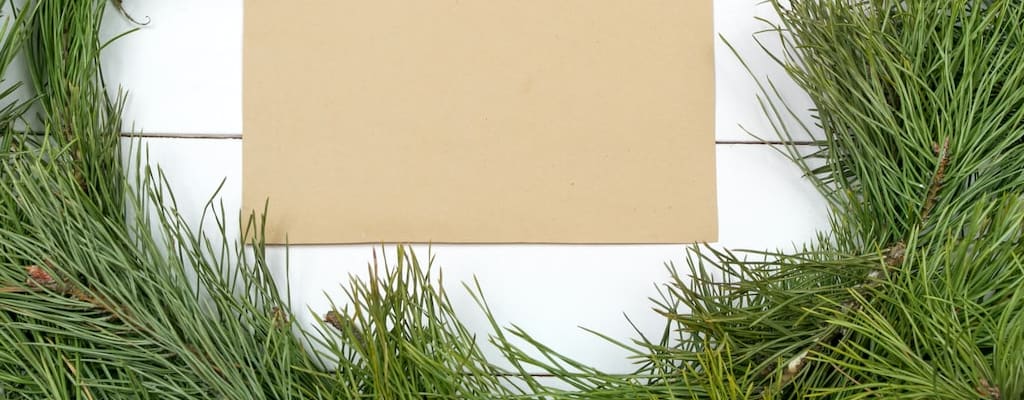kind regards: Idiom Meaning and Origin
What does ‘kind regards’ mean?
The idiom "kind regards" is commonly used to express warm or friendly feelings towards someone, typically at the end of a written communication.

Idiom Explorer
The idiom "warm regards" is a polite and friendly way to express one's good wishes or greetings to someone. It emphasizes a genuine sense of warmth and sincerity in the interaction.
The idiom "kiss arse" means to obsequiously flatter or grovel in order to gain favor or advantage, often by being excessively complimentary or subservient towards someone in a position of power or authority.
The idiom *kindred spirit* refers to a person who shares a similar outlook, interests, or characteristics with another individual. They have a deep connection and understanding, often feeling like they are on the same wavelength.
The idiom "kind of" is a colloquial expression that is used to indicate a moderate or hesitant agreement with a statement or a description. It suggests a level of uncertainty or approximation in the speaker's opinion or belief.
The idiom "kindest regards" is a common phrase used to express sincere goodwill or warm wishes when ending a written or spoken communication.
The idiom "it's all good" is used to express that everything is okay or there are no problems. It is often used to reassure others or to indicate that there is no reason to be worried or concerned.
The idiom "in kind" means to respond or repay with an equivalent action or treatment, often in a negative or retaliatory manner.
The idiom "hugs and kisses" is a term used to represent love and affection. It is often abbreviated as "XOXO" in letters, messages, or cards to symbolize kisses and hugs. In popular culture, it is commonly used to express warm feelings towards someone.
The idiom "how goes it" is a casual way to ask about someone's well-being or inquire about the progress of a specific situation.
The idiom "how are you" is a common greeting asking about one's well-being or state. It is often used as a polite social interaction and does not typically require an in-depth response.
Unveiling 'Kind Regards'
The idiom "kind regards" is commonly used in written communication, especially in email correspondence. It is typically used as a closing phrase at the end of a message, following the body of the text and preceding the sender's name. The phrase conveys a sense of politeness, goodwill, and respect towards the recipient.
The word "kind" in this idiom carries the meaning of being friendly, considerate, and well-intentioned. It implies that the sender holds positive feelings towards the recipient and wishes them well. The word "regards" refers to the sender's thoughts, feelings, or sentiments towards the recipient, indicating that the sender holds the recipient in high regard or esteem.
The idiom "kind regards" is often used in professional or formal settings. It is commonly seen in business emails, official correspondences, or letters to acquaintances and colleagues. The phrase is used to maintain a professional and courteous tone while expressing a sense of warmth and friendliness.
While the idiom is primarily used in written communication, it can also be used orally in certain situations. For example, in a formal setting or during a conversation with a colleague or superior, one might say "kind regards" as a parting phrase to convey respect and politeness.
It is important to note that "kind regards" is just one of many closing phrases used in written communication. Other common alternatives include "best regards," "sincerely," "yours faithfully," and "yours truly." Each closing phrase carries a slightly different tone and connotation, allowing the sender to choose the most appropriate one based on the nature of the communication and the level of formality.
The idiom "kind regards" is a widely used closing phrase in written communication, especially in professional or formal settings. It conveys a sense of politeness, goodwill, and respect towards the recipient. By using this idiom, the sender aims to maintain a professional and cordial tone while expressing warm sentiments towards the recipient.
"kindest regards" is another idiomatic variation of "kind regards." It is used to express the highest level of warmth, friendliness, and respect towards the recipient. By adding "kindest" to the phrase, the sender is emphasizing their genuine care and positive feelings towards the recipient. "Kindest regards" is often used in situations where there is a closer relationship between the sender and the recipient, such as in personal emails or letters to close friends or family members.
"warm regards" is yet another idiomatic variation of "kind regards." The word "warm" in this phrase carries the connotation of a heartfelt and sincere sentiment. By using "warm regards," the sender is indicating a genuine sense of care and affection towards the recipient. This variant is commonly used in situations where the sender shares a warm and friendly relationship with the recipient, such as in emails or letters to colleagues or business associates with whom they have a positive rapport.
The idiomatic phrase "kind regards" is widely used in written communication to convey politeness, goodwill, and respect towards the recipient. It is commonly seen in professional or formal settings, but can also be used orally in certain situations. "Kindest regards" and "warm regards" are variations of the phrase that emphasize an even higher level of warmth and friendliness towards the recipient. By using these idioms, the sender aims to maintain a professional and courteous tone while expressing sincere sentiments towards the recipient.
Example usage
Examples of how the idiom "kind regards" can be used in a sentence:
1. Thank you for your assistance in this matter. Kind regards, John.
2. I hope your trip goes well. Kind regards, Sarah.
3. Please find the attached document for your review. Kind regards, Michael.
More "Greeting" idioms



